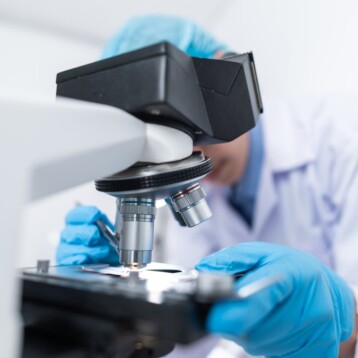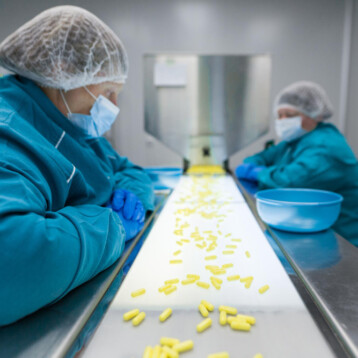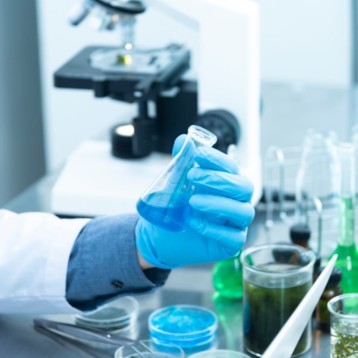|
Food allergies have been turning into an increasingly common ailment in the western world. In the US alone, about 5% of the adults and 10% of the children suffer from one allergy or another. Allergies can be very dangerous, as in some cases the allergic individual may have a severe reaction to the allergen and in extreme cases can even go into anaphalactic shock and die. The traditional treatment for food allergies is simple avoidance. In case of failure in avoidance, a liquid antihistamine can be used to stop the allergic reaction and in some cases, epinephrine can be injected.
Dr. Xiu-Min Li from the Mount Sinai hospital recently realized that there are significantly fewer cases of allergies in China than in the United States. She believes that traditional Chinese medicine that is based on plants’ medical properties can be used to cure allergies. Together with a group of researchers she found a food allergy herbal formula (FAHF-2) which produced long term protection against peanut-induced anaphylaxis in mice. Treatment using FAHF-2 protected peanut allergic mice from anaphylaxis for more than 36 weeks after the mice stopped receiving the drug.
“Food allergy is a serious and sometimes fatal condition for which there is no cure,” said Dr. Li. “Approximately 80% of fatal or near-fatal anaphylaxis cases are due to peanut allergy in this country. There is an urgent need for effective therapies to prevent and treat those who suffer from food allergies and FAHF-2 could prove to be a major advancement in this field.”
The new formula may help not only individuals allergic to peanuts but also sufferers from a variety of other ailments. These include allergies to fish, shellfish, and tree nuts as well as severe or persistent asthma. Normally, asthma is treated by inhaled steroids which may cause serious side effects. If this type of steroid is used for long periods of time it may impair growth and cause immune-suppression. Parents of asthmatic children are showing an increasing interest in alternative treatments, with 60% of the children receiving some form of it in the past year.
The FAHF-2 drug has recently entered the human trials stage and is currently being tested at Mount Sinai to evaluate its safety and early efficacy on multiple food allergies including peanut, tree nut, fish, and shellfish.
TFOT has previously brought you several stories of disease cures found in plant sources. One such story described an experiment conducted at the Northwestern University which showed that an antioxidant present in soybeans was able to reduce metastases. More recently we’ve brought you the purple tomatoes that may reduce the chances for cancer developed by researchers from the John Innes Centre in Norwich, U.K.
You can read more on the Chinese botanical drug on the Mount Sinai website.
Icon image credit: Jack Dykinga











